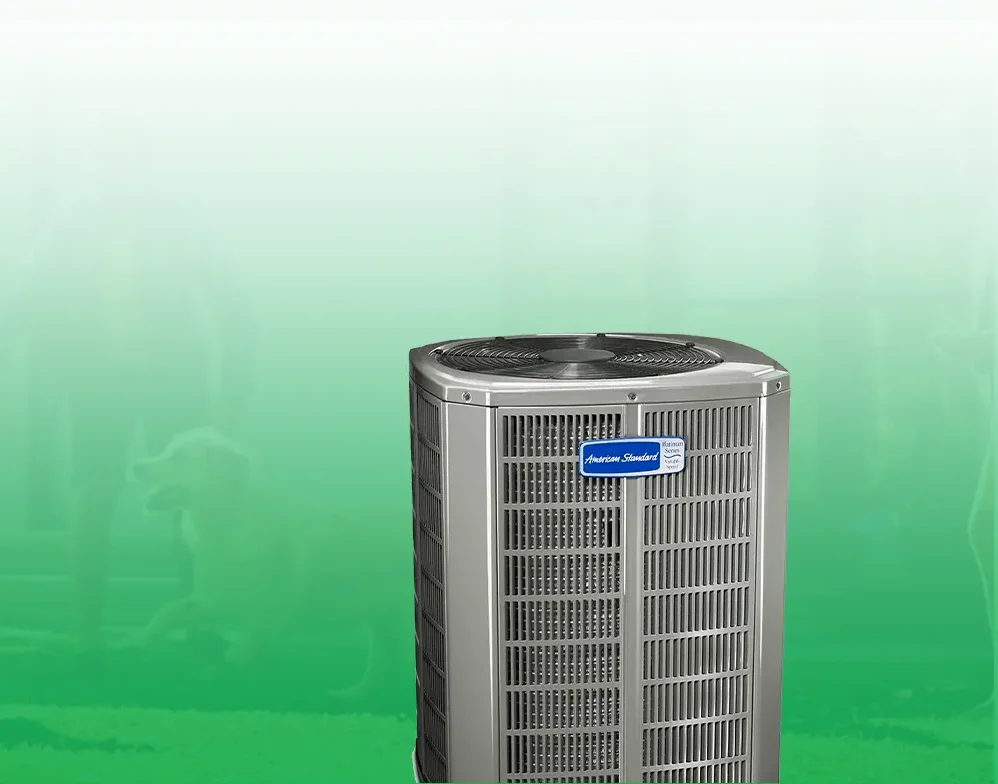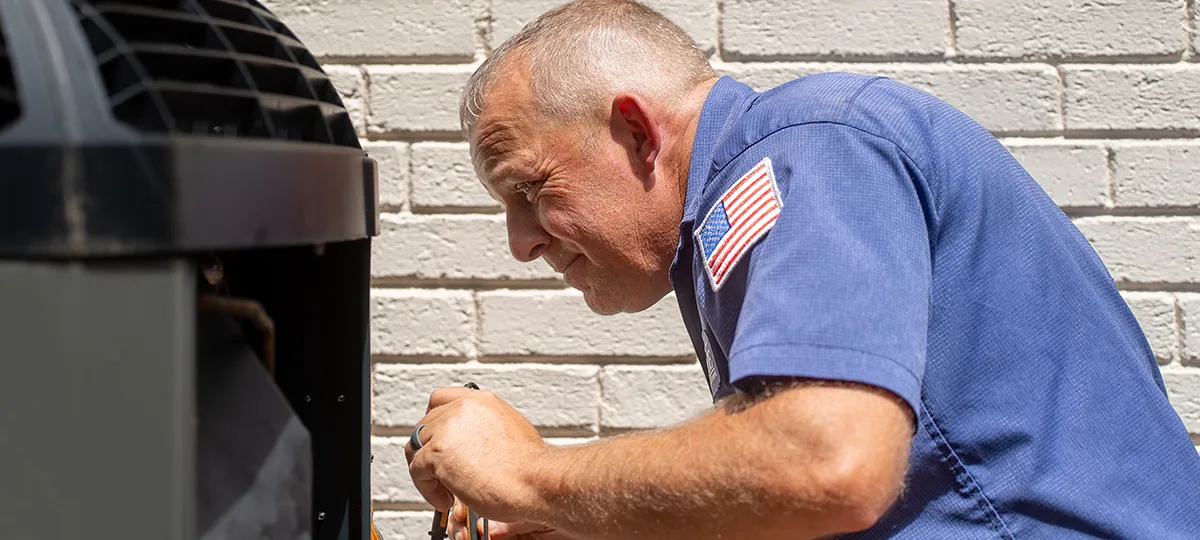At Horne HVAC Charlotte, we understand that while maintaining a comfortable temperature in your home or workplace is crucial, doing so quietly is equally important. Excessive noise from an HVAC system can be a nuisance, disrupting your peace and quiet and affecting your quality of life. Here’s how we address noise concerns and ensure that your HVAC system operates both efficiently and quietly.
Understanding HVAC Noise
1. Sources of Noise: HVAC noise can originate from various components of the system, including the compressor, fans, and ductwork. Common sounds include humming, rattling, or whistling, which can occur due to mechanical issues, airflow disturbances, or structural problems with the installation.
2. Impact on Comfort and Well-Being: Beyond being a mere annoyance, excessive noise can have real impacts on comfort and well-being. It can disrupt sleep, increase stress levels, and even affect your ability to concentrate or relax. For businesses, it can impact productivity and the overall customer experience.
How We Minimize Noise in HVAC Systems
1. Proper System Sizing: One of the first steps to ensuring a quieter HVAC operation is proper system sizing. An oversized or undersized system can lead to inefficiency and excess noise. At Noise Levels, we conduct detailed assessments to ensure that your HVAC system is perfectly matched to the needs of your space.
2. Quality Equipment: We use only high-quality, reliable equipment known for quiet operation. Many modern HVAC systems are designed with noise reduction technologies such as insulated compressor compartments and advanced fan blade designs. These features help reduce the sound level emitted during operation.
3. Strategic Installation and Placement: The location of your HVAC units can significantly affect noise levels. We strategically place outdoor units away from windows and sensitive areas, and ensure that indoor units are installed where noise will least impact your daily activities. Additionally, we use techniques like vibration isolators and noise-reducing mounts to further dampen sound transmission.
4. Regular Maintenance: Preventing noise before it starts mostly depends on regular maintenance. Every component is checked and serviced on regular visits to guarantee they are quietly and smoothly working. This includes tightening loose parts, lubricating moving components, and checking for any signs of wear that might cause noise.
5. Soundproofing and Ductwork Solutions: In some cases, additional soundproofing may be necessary, especially in older systems or buildings with poor acoustic insulation. We offer custom solutions such as acoustic insulation for ductwork and specialized noise barriers that can be installed around noisy components.



















